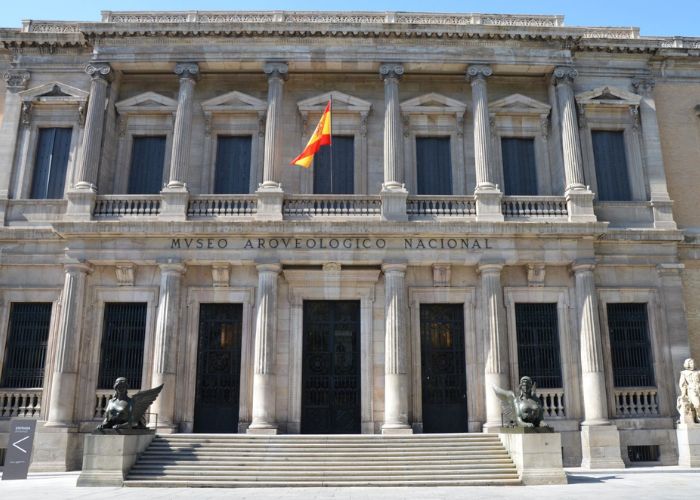MADRID – In a move mirroring broader European trends, the Spanish Government, under the stewardship of Culture Minister Ernest Urtasun, is embarking on a campaign to reexamine the colonial context of its national museum collections.
This initiative aims to address potential ethnocentrism and gender biases in these cultural repositories. The Spanish government’s approach indicates a growing consciousness about the colonial framing of museum collections. However, the Prado Museum is not directly comparable to the British Museum, known for its controversial holdings like the Parthenon Marbles.
The drive for decolonisation
Urtasun, in a recent Congressional address, emphasised the importance of studying the collections of Spain’s 17 state museums. Herewith, he wants to overcome their colonial framework and practices rooted in gender biases or ethnocentrism. This push for introspection is not about pinpointing specific cases of plunder but rather establishing dialogues and exchanges to transcend the colonial narrative. This approach has already been reflected in the programming of museums like the Museo de América and the National Anthropology Museum.
Political controversy
The initiative, however, has sparked political debate. The People’s Party (PP) dismissed it as an “imported debate” and criticises Urtasun for what they perceive as “woke activism.” Borja Sémper, the PP’s Vice Secretary of Culture, accuses the minister of ignoring Spain’s history or being blinded by activism. Despite these criticisms, the move aligns with international recommendations from bodies like the International Council of Museums (ICOM).
Redifining collections
Professor Benito Navarrete of Complutense University of Madrid supports this initiative. He is curator of the exhibition “Herrera el Mozo and the Total Baroque,” which was on display at the Prado Museum. He highlights the museum’s efforts under the direction of Miguel Falomir to redefine its collection. Herewith, giving space to ‘the other’s perspective’ and including revisions from inclusive language and gender viewpoints.
Also read: Five mouth-watering Spanish museums
Examples of inclusivity in action
Navarrete points to the “Tornaviaje. Arte Iberoamericano en España” exhibition at the Prado as an example of challenging Eurocentric and ethnocentric views. This exhibition showcased American artworks integrated into Spanish daily life, often losing memory of their origin. The aim was to address this oversight in the museum’s collection.
Response of national and regional museums
The Andalucian Institute of Historical Heritage (IAPH) has also been involved in similar initiatives. Therefore, it is collaborating in the organisation of the technical day “Decolonising Education through Our Museums and Their Heritages.” This event, held in Seville, tackled the musealisation of colonial-origin heritages in Lisbon and Rio de Janeiro.
A comprehensive national approach
Navarrete calls for a territorial structuring in national museums. Consequently, he is urging for a true network of national museums with common exhibitions, and directors meet with funding from the Ministry of Culture. He hopes Urtasun will address these discussions under his mandate, despite the territorial debate and its complexities.
PP’s criticism of the approach
The PP, through Sémper, has accused Urtasun of using cultural policy as a weapon and caricaturing Spain’s museums. They argue that the minister’s claims don’t reflect the actual state of the museum collections, which they believe are rooted in equality, fraternity, and respect. Sémper differentiates Spain’s experience from colonial powers like Belgium, noting the contrasting histories and the apologies issued by countries like Belgium and Germany for their colonial abuses.
Also read: Seven of the best museums in Spain


